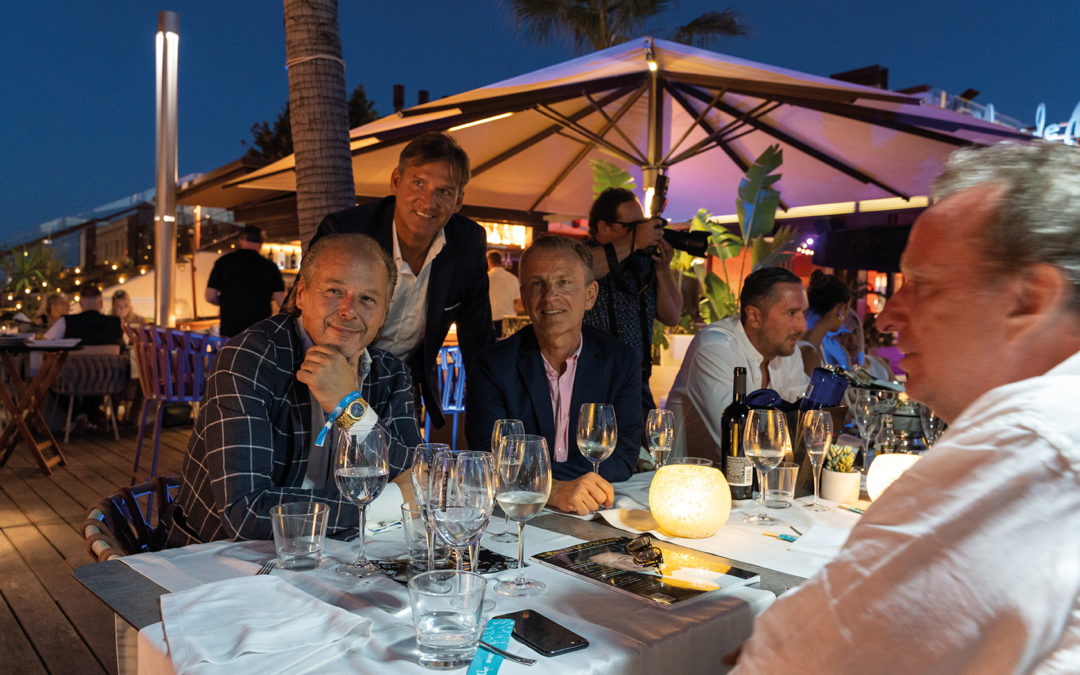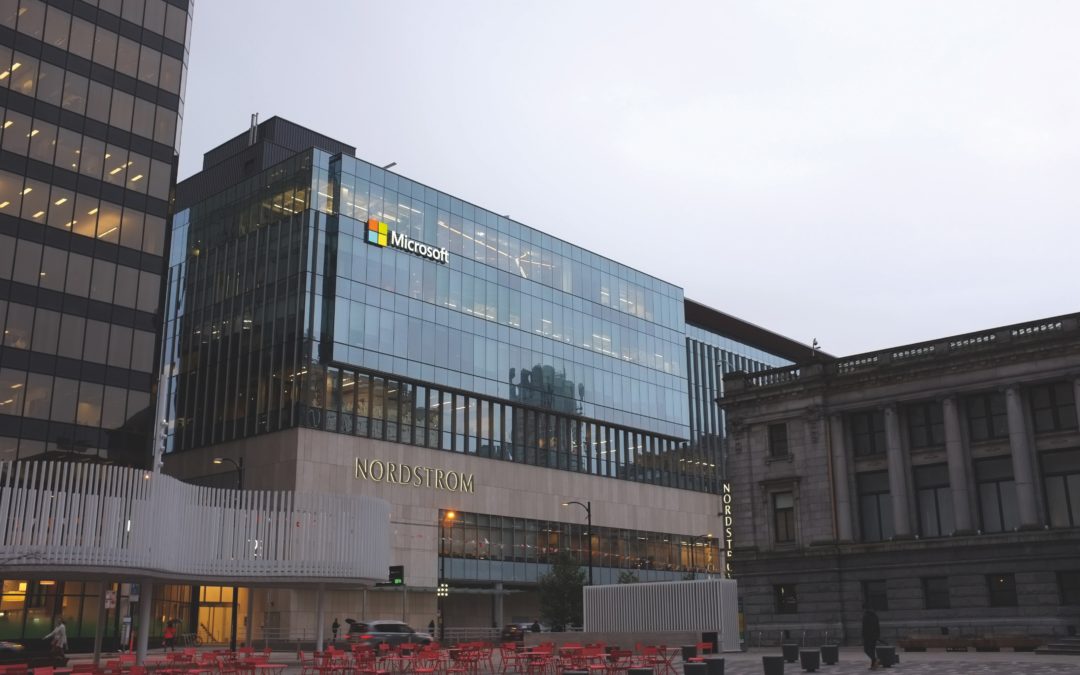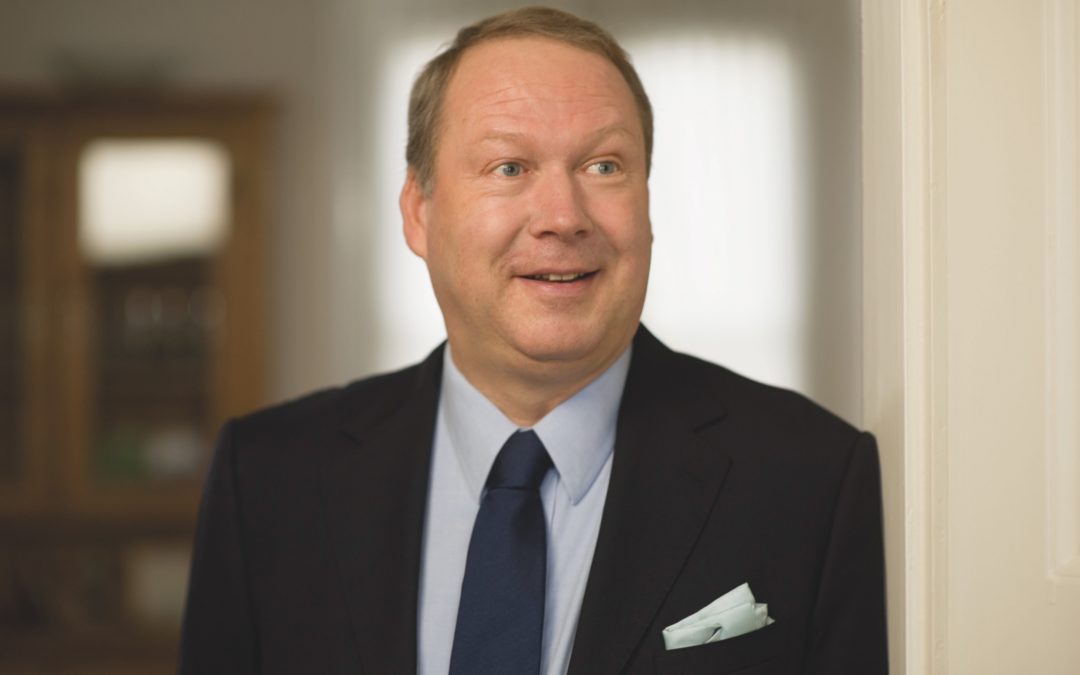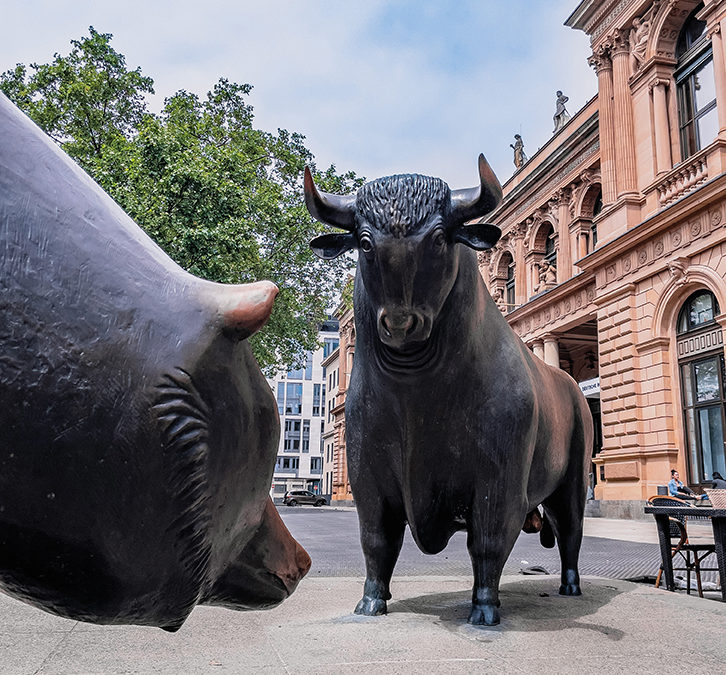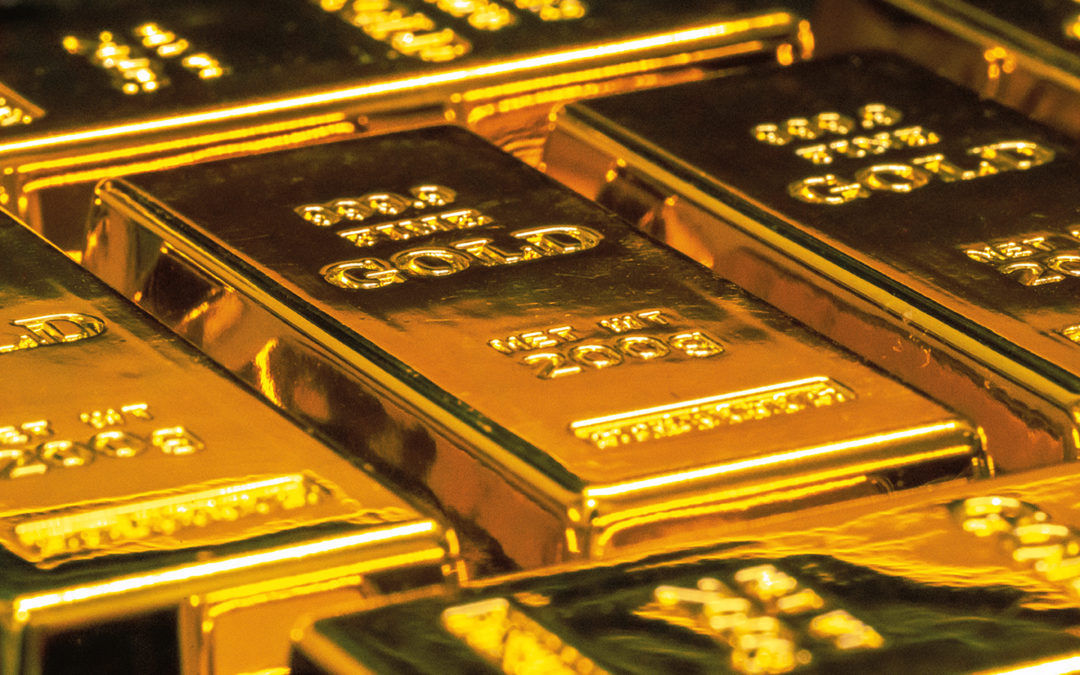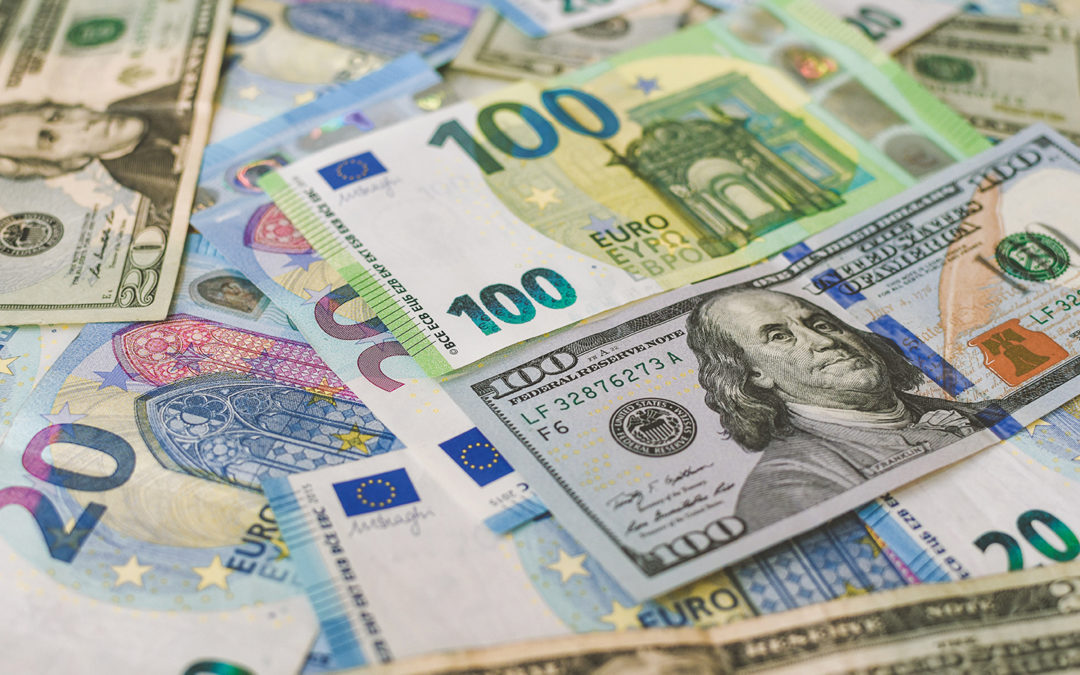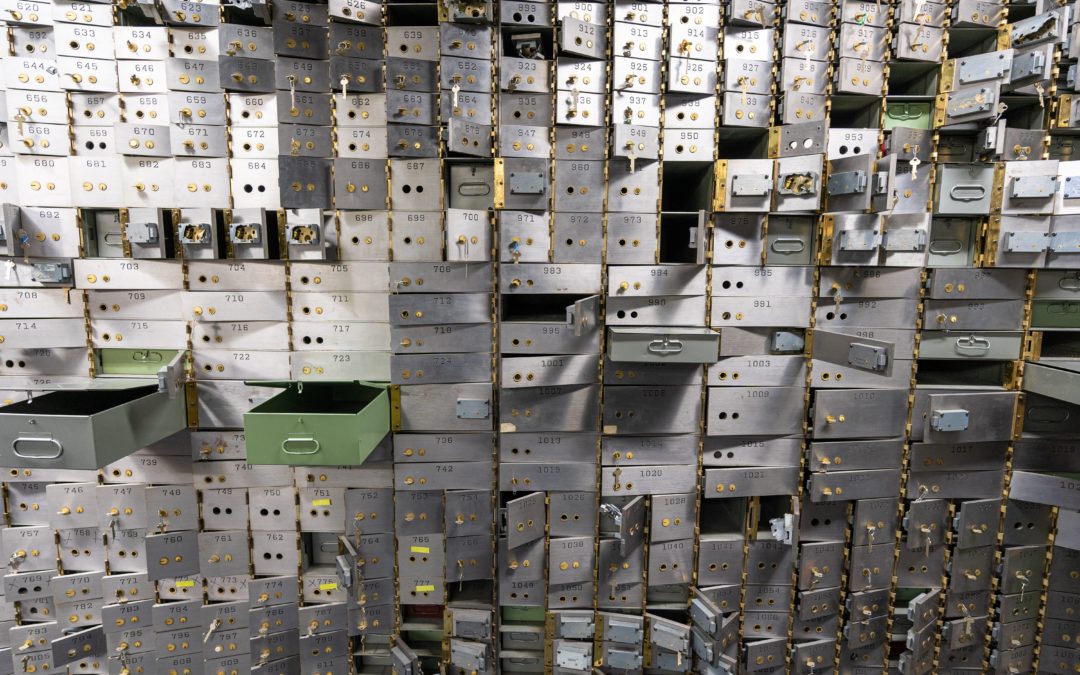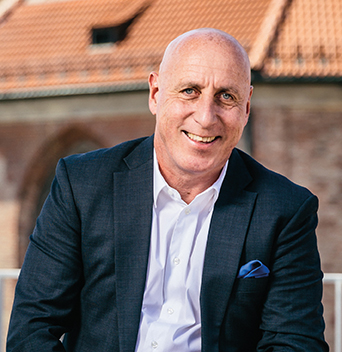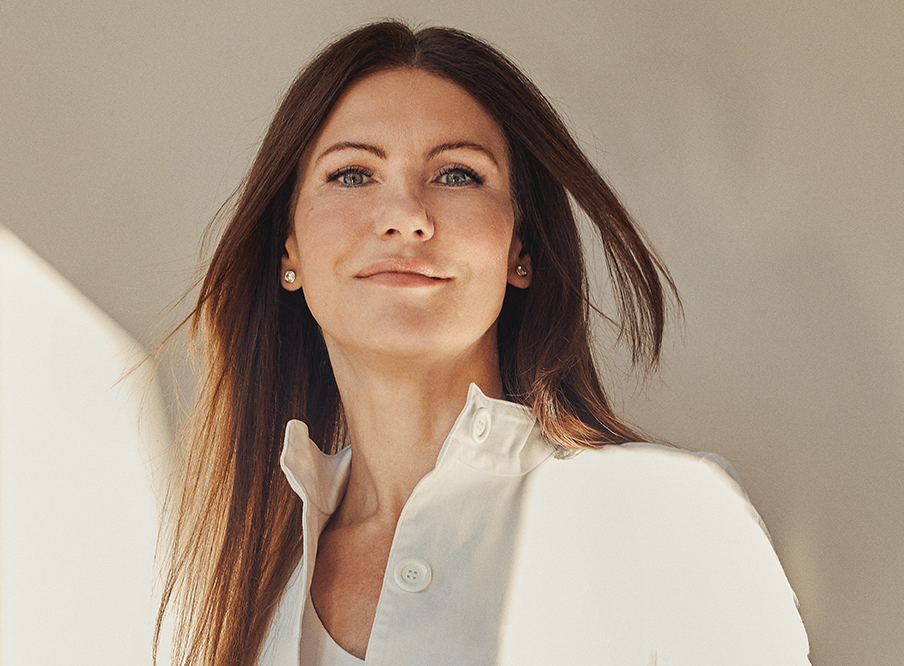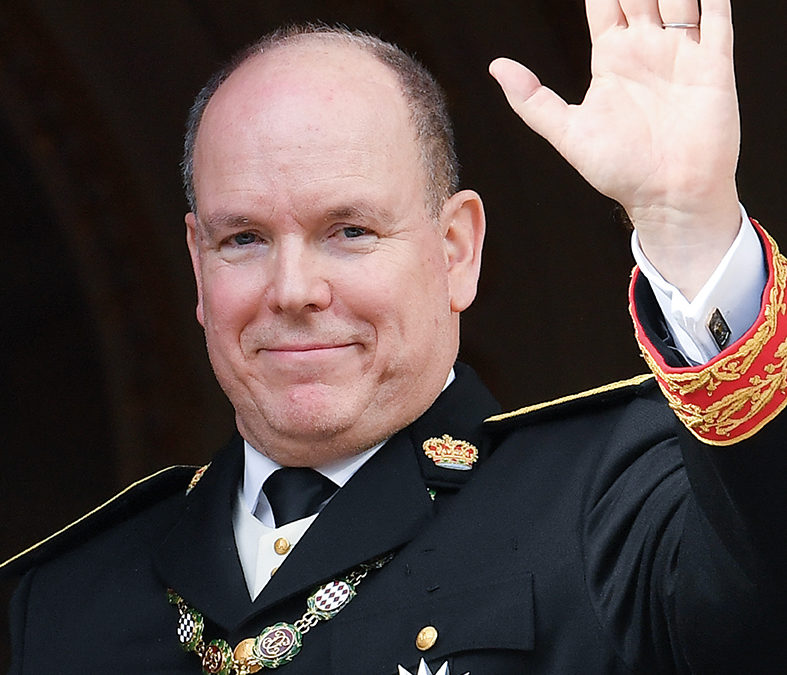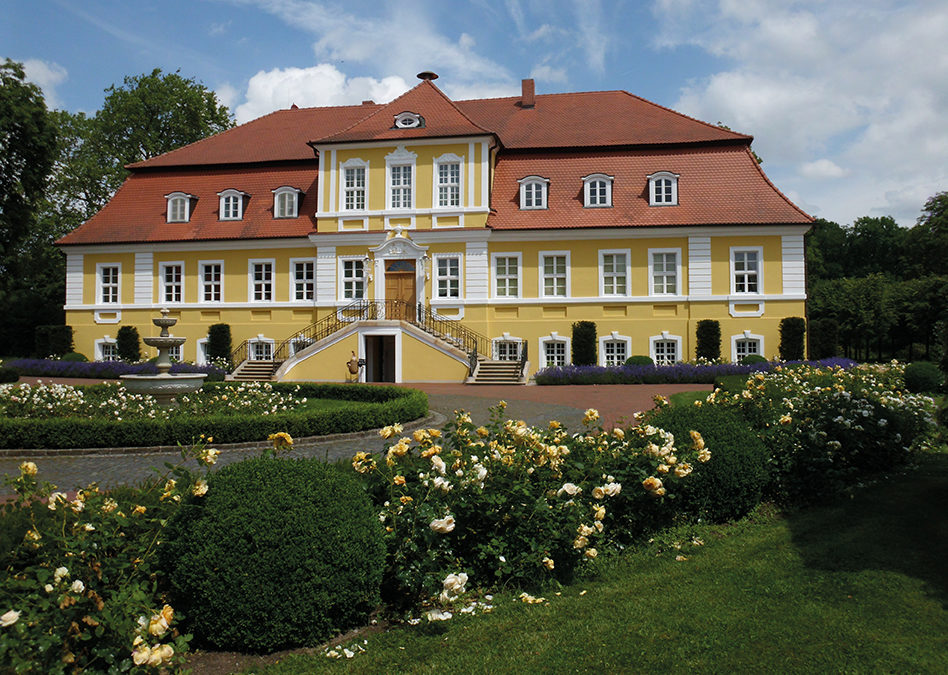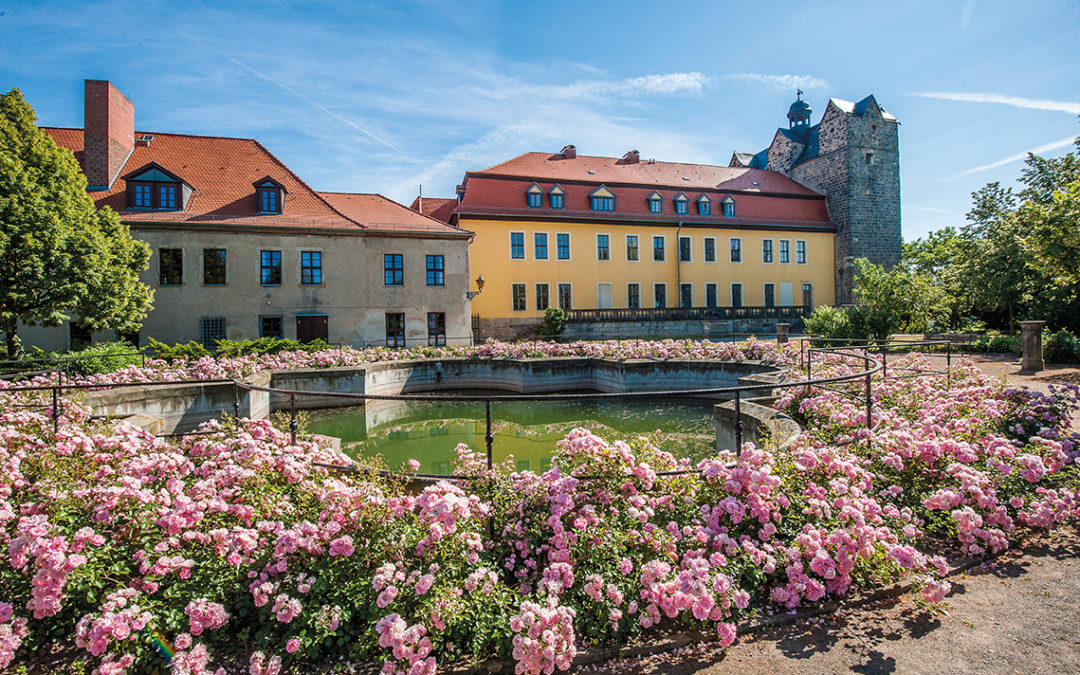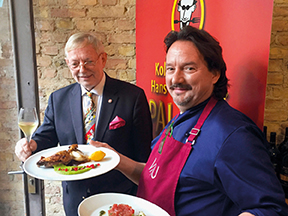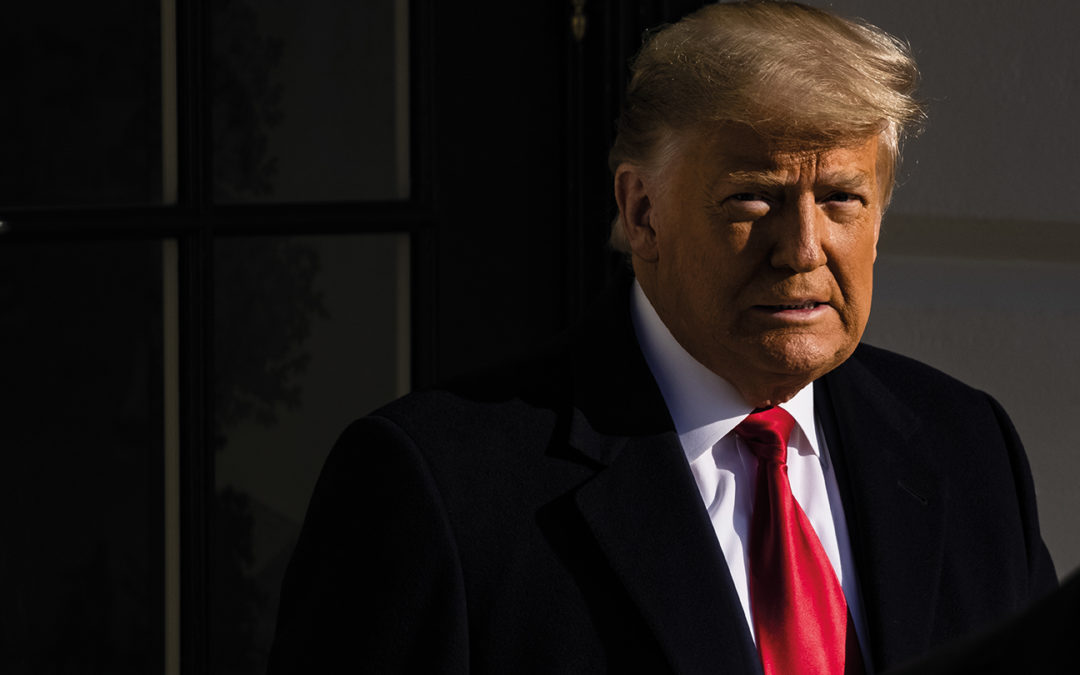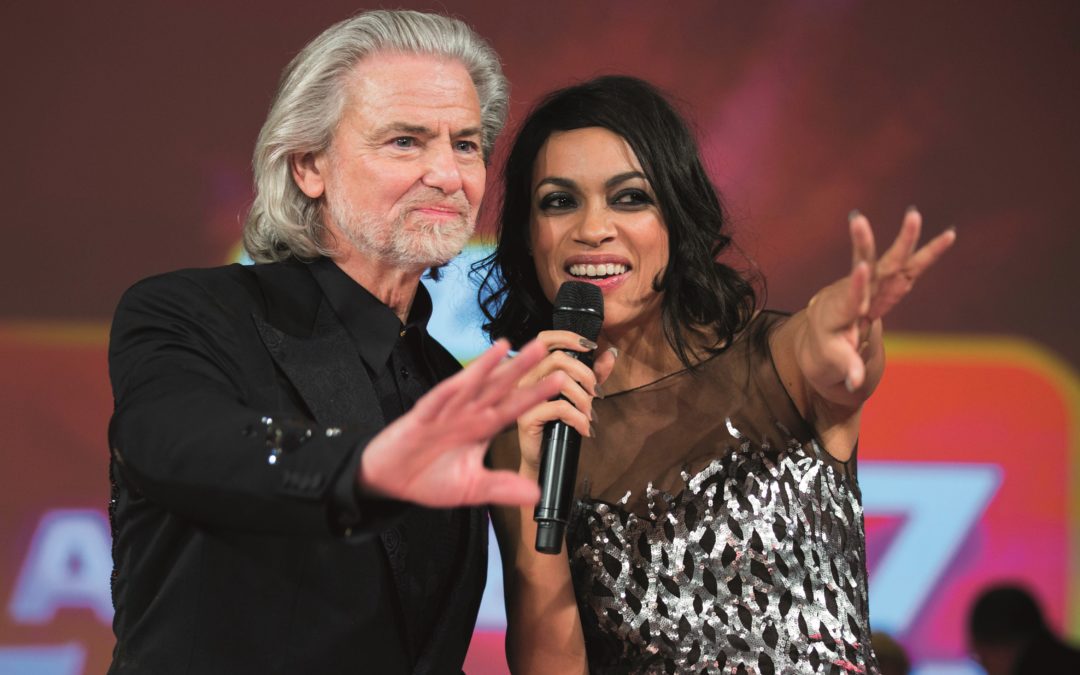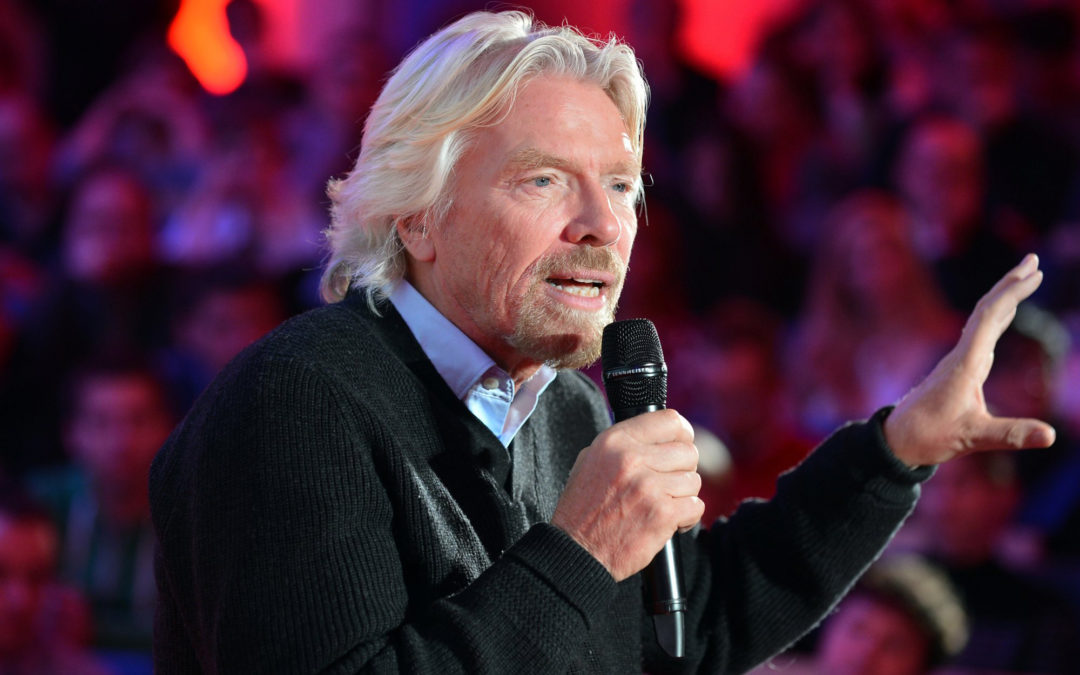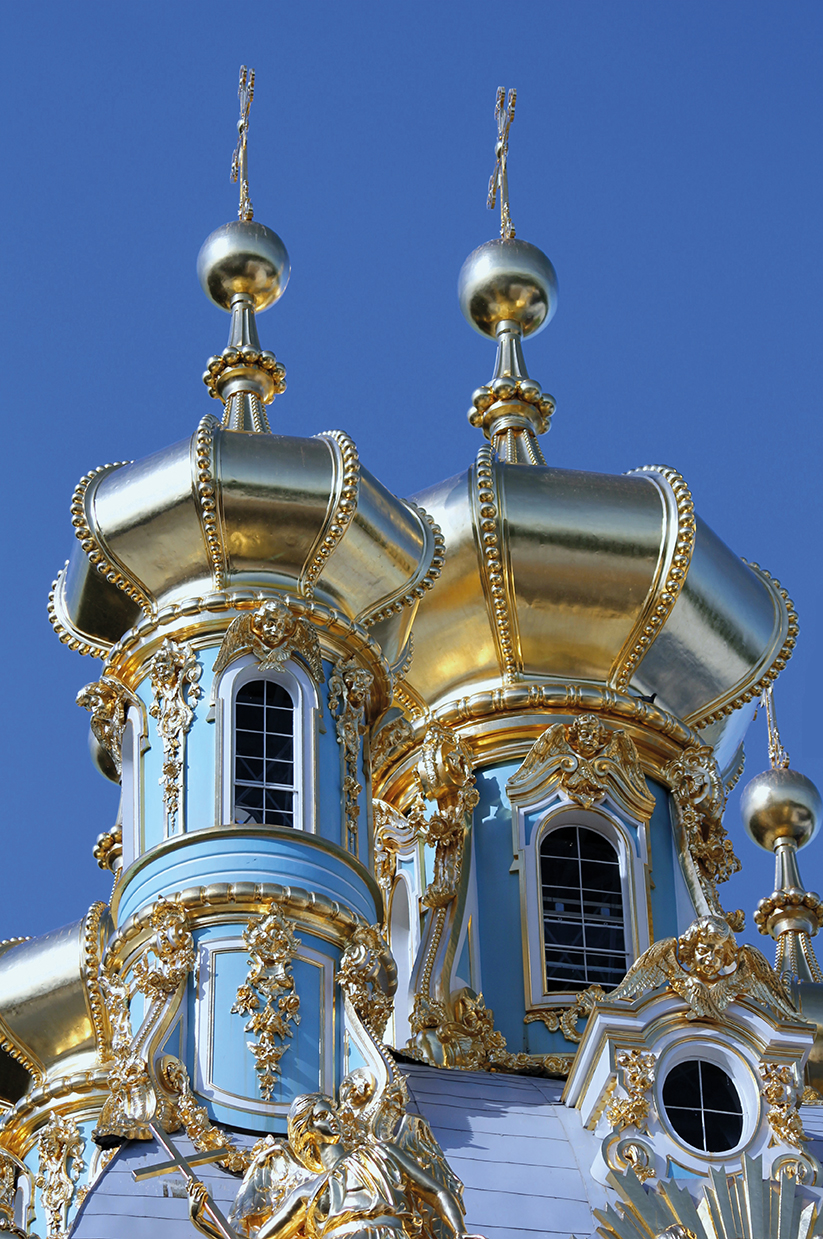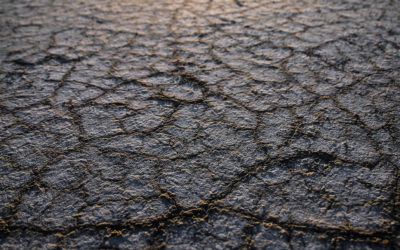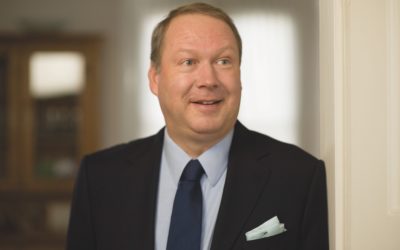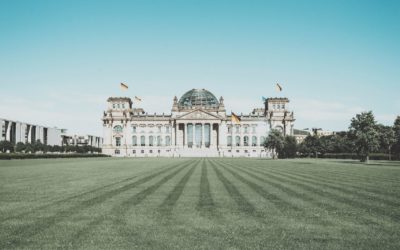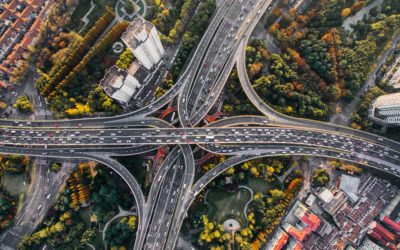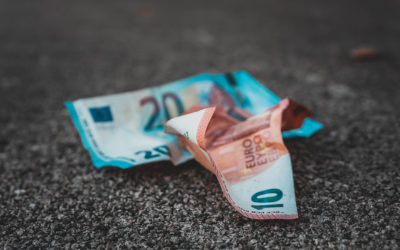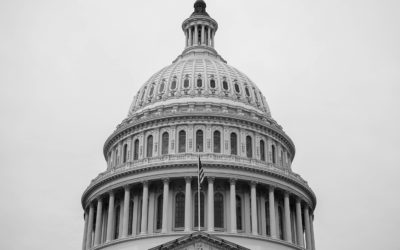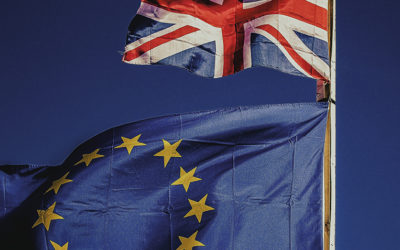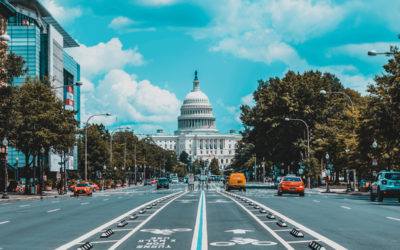history to receive the suffix Great. She was and remains an important figure in the Anhalt-Ascania family.
On the other hand, he developed a special trust in Russia because of the fate of his father Duke Joachim Ernst. After World War II his father did not accept the offer of the Americans and the British to move with his family and the precious castle inventory to the West, where they could be safe from the soviet army. He did not want to leave his thousand-year-old homeland and his compatriots and stayed. In the summer of 1945, the German Stalinists of the Ulbricht Group took him from his residence, Ballenstedt Castle in Saxony-Anhalt, and brought him to the former Buchenwald concentration camp, where he was murdered in 1947. However, Russian officers saved the life of three-year-old Prince Eduard, his mother and four siblings by taking them from the castle in a night and fog operation in 1945 and bringing them to the British zone. In doing so, they certainly saved the family from being sent to the gulag in Siberia.
The Anhalt family always considered the German Stalinists, not the Russians, responsible for the murder of their father. Immediately after the fall of communism, Prince Eduard became president of the “German Rescue Bridge” in Leningrad, now St. Petersburg, and tried to compensate Russia to some extent for what the Germans had done to the people there during the Second World War by providing medical care and support for the poor elderly population. After the collapse of the Soviet Union, the population there was in a particularly dire condition. Anatoly Sobchak, who was the Mayor of Leningrad at that time, recognised his services and awarded him the Peter the Great Medal. While working there, Prince Eduard also met young deputy mayors Vladimir Putin and Dmitry Medvedev. Despite the meaningful and important German unification, he wanted the expropriations announced by the German government to be clarified in detail. That is why he met President Mikhail Gorbachev in 1992. Gorbachev assured him that the Russians had never insisted on expropriation of property during the Soviet occupation as part of the unification treaty. This was to be defined by the two united German states in a common constitution. In particular, the family of Prince Eduard, whose father had been a victim of national socialism and Stalinism, was to be rehabilitated and their property returned. The prince is still very grateful to the Russians for this, even though the Helmut Kohl government has not kept its promise.
All these events and personal experiences with Russia and the Russian people are so important to Prince Eduard that he feels he must make it public. He notes that every nation has its political heritage and must build upon it. After the end of Tsarist rule, murderous Stalinism and a gradual rapprochement with the West, a country of about 150 million people and the largest land area in the world has no need for the advice of other countries with a strong democratic record. Trying to dictate to Russia or China how they should be organised and governed shows arrogance and a historical misunderstanding. Germany in particular should therefore be wary of telling other countries what kind of state system they should have.” We hardly have a proper democratic tradition ourselves”, he points out. “Russia is different, the people there are different, and they also expect something different from the government,” Prince Eduard is convinced. After many trips to Russia and conversations, particularly with Russians of German origin, he also believes that the vast majority of them genuinely support their President Putin, if only because of the economic conditions and the necessary modernisation of their vast country. Of course, as always and everywhere, there are also opponents of his politics. That Russia’s security always comes first when it comes to NATO’s eastward expansion should be clear to any objective observer. The Chinese also don’t have democracy, still call themselves communists and yet today have more billionaires than all the other countries together. If they combine communism and capitalism correctly and most people can hope for a better future, we have no right to look for faults in that. “We must live in peace with these countries, accept economic competition as a united, strong Europe and not allow other great powers to manipulate us,” adds Prince Eduard.
What challenges does he see for himself personally in German-Russian international understanding? Prince Eduard notes that he can only do things on a small scale. For example, there are some 10,000 works of art that were taken to the Soviet Union after the war. The Hermitage alone, one of the world’s largest art repositories, has 700 family paintings in its cellars. He sees his task as taking these paintings from there and transferring them to the Russian-German foundation he wants to create with his Russian partners so that the question of ownership no longer comes first. In this way, the foundation will become the owner of these works. The paintings can then be exhibited in Germany, Russia, and everywhere else in the world, without any claims from any of the parties.
Since the museums in Russia do not have the best storage conditions, his wish is to take the paintings out as soon as possible and restore them.
Catherine the Great’s castle at Zerbst near Dessau would also be a suitable place for the collection. Unfortunately, it is currently in ruins, but requests have been received from Russia and efforts are being made to restore this castle. His dream would be to establish a German-Russian centre here under the name of Catherine.
Of course, he wishes for peace and cohesion between the two countries, and for Russia to become part of Europe, so that we can build a common Europe with a strong economy, using the resources of this great country. There is some hope for that because Prince Eduard was in Russia not so long ago for a symposium called “From Lisbon to Vladivostok”. Of course, there is a lot of resistance from other economic actors, but as utopian as that sounds, experts and economists think it is feasible, but only if the united Europe finally manages to overcome old historical antagonisms.
For an economically and politically strong Europe, a balanced relationship with Russia is more important than ever, Prince Eduard is firmly convinced. He is trying to contribute to the bridge between East and West.
